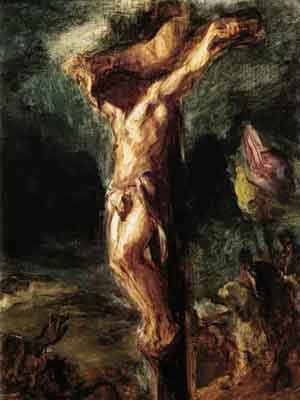
Since you have been raised to new life with Christ, set your sights on the realities of heaven, where Christ sits in the place of honor at God’s right hand.
Col 3:1 NLT
The phrase “in Christ†or its corresponding idea is used one hundred and seventy-two times in the New Testament with the Apostle Paul alone utilizing the phrase ninety-seven times in his letters. To be “in Christ†is to receive all the benefits of Christ’s saving work on the Cross, to walk in all the blessings of Christ’s life and resurrection and to enjoy all the favor of Christ’s inheritance from the Father’s favor. To be “in Christ†is to be located in the Divine Person—all that Christ’s has done, received, or achieved is ours to be enjoyed.
Our union in Christ is not just a theological theory, but a reality to be lived and enjoyed moment-by-moment. Christ lives in us by the presence and power of the Holy Spirit. As Andrew Murray stated, “It is through the Holy Spirit that we have Christ in our hearts-a mighty force stirring, enlightening, and filling us.†[Daily in His Presence (Sisters, OR: Multnomah, 2004), Feb. 6th.] Christ encourages us each day to trust him, to love him, and to live through him. As we trust him, all the benefits of Christ’s life, death, burial, and resurrection can be experienced now in us. The Holy Spirit makes these truths known, reveals them to our hearts, and enables us to enjoy and experience them.
‘In Christ’ refers to our status and our position. It is the language of faith.’With Christ’ speaks of our experience and of our enjoyment, and is the language of fellowship. Therefore, the question I think we must ask ourselves is, “How far are we enjoying this fellowship with Christ”?
If you are a Christian you know that you are in Christ. You know that you are accepted in Him, the Beloved. You know that God has forgiven your sins for His sake. But how far are there things real in your experience? How far are you enjoying being ‘with Christ’? How far is it true in your experience that you are living a life that is risen with Christ?
The life which you are discovering day by day is a life that is hid with Christ in God, and you are going to Him and looking to Him constantly to make discovery of the riches of that life. Now that is the dignity of the Christian. To live with Christ, to walk with Christ, to be raised with Christ, and to look forward in hope, and in anticipation to the day when we shall be glorified with Christ.
J. A. Caiger, “The Discipline and Dignity of Life in Christ,” Daily Thoughts from Keswick: A Years’s Daily Readings, ed. Herbert F. Stevenson (London: Hodder and Stoughton, 1980), 365.



